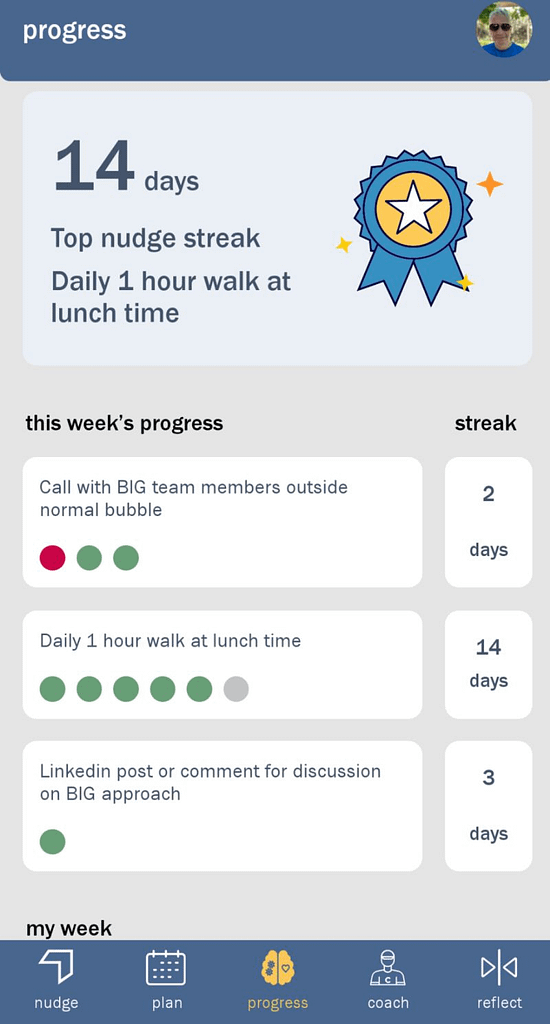
I’m sure like me, you’ve experienced that slightly disturbing feeling of “how on earth did I get home?”. I don’t mean 2am in the morning after a big night out in town, context here is when you’re driving and the journey just seems to have happened without any conscious thought. During that two hundred mile journey, can I remember any of the hundreds of times I’ve check it was safe to turn, changed gears, mirror-signal-manoeuvred, braked, accelerated, indicated, cheerily waved through the idiot jumping the queue as we wearily approach yet another set of roadworks on the A1 ? Well no. In the same way, I don’t think about breathing, walking or being completely random – it just happens automatically. Autopilot.
When I was learning to drive, every gear change required deep concentration – choreographing the switching of my foot from accelerator / brake to clutch, gear change, back to accelerator / brake – whilst steering and worrying incessantly about the every present rear view mirror. When did the ability to autopilot happen? How many miles had I driven ? How many gear changes did I have to make? Research suggests that it takes anywhere between 18 to 254 days of repetition for something to become a habit with the average being 66 days.
Which brings me to week 3 of my sprint.
Something akin to autopilot is starting to happen for my one my #nudges after just 19 days. Today I became very agitated when I hadn’t completed my daily lunch break walk – and to my surprise this wasn’t about thinking about the red dot against the day, losing my hard earnt streak or even being motivated by weight loss – it was just an innate desire to go for that walk.
As for one of my other nudges – “Post on Linkedin about the BIG approach” – this week is a busy, busy week (the next release of #nudge going out). So taking the time to write a post was not really top of the list. Until that was, Monday when a couple of people passingly said they were really looking forward to the next post on Friday. Recognition clearly is a great motivator – so here I am again.
In my first weeks’ post, I likened Jeremy Campbell of Black Isle Group | BIG as the architect behind “Everyday actions lead to big results”, to a modern-day Aristotle. This week I am going one step further up the intellectual snobbery scale with a comparison to Einstein. In between inventing the Theory of Relativity, Albert is (mis)quoted as saying “The definition of insanity is doing the same thing over and over and expecting different results”. Therefore, by logical deduction, the definition of sanity is doing the same thing over and over and expecting the same results. And so The Theory of Proclivity is born.
So my sanity is assured – walking over and over again leads to weight loss and clarity of thinking.